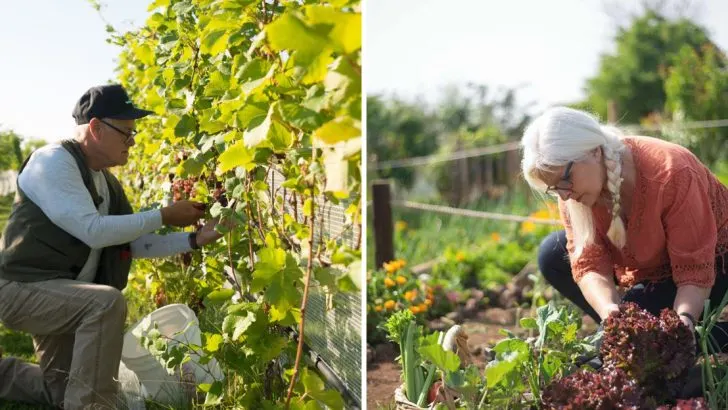Gardening has been a cherished tradition passed down through generations, and many of us can recall fond memories of working alongside our grandparents in the garden. With their vast knowledge and patience, they imparted timeless lessons that continue to guide us today.
In 2025, as gardening experiences a renaissance of sorts, we find ourselves revisiting those old-school tips and tricks that made gardens flourish without the need for high-tech gadgets or pricey tools.
From composting secrets to the best ways to grow vegetables, our grandparents taught us valuable lessons that connect us to the earth and to simpler times.
Whether you’re a seasoned gardener or just starting out, the wisdom passed down through generations will forever inspire how we nurture our gardens. In this article, we’ll explore 10 key gardening lessons we learned from our grandparents that are as relevant today as they were years ago. Let’s take a walk down memory lane and rediscover the gardening wisdom that shaped our love for plants and nature.
Patience is Key
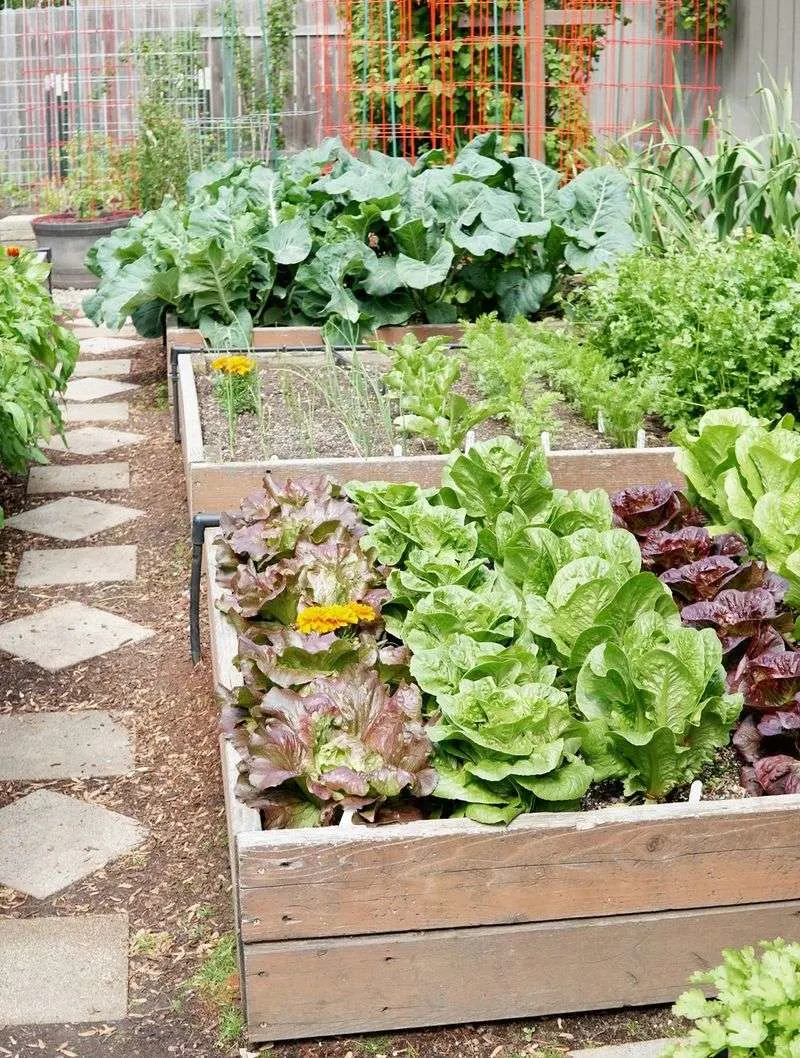
Gardening teaches the virtue of patience. Plants take time to grow, and our grandparents understood that rushing nature rarely yields good results. They knew that each plant has its own pace, and nurturing them requires a steady hand and a patient heart. Observing the slow transformation of a seed into a flourishing plant is a testament to the rewards patience can bring. This lesson extends beyond gardening, reminding us to appreciate the gradual progress in all aspects of life. Embracing patience allows us to enjoy the journey, savoring every small victory along the way.
The Importance of Soil
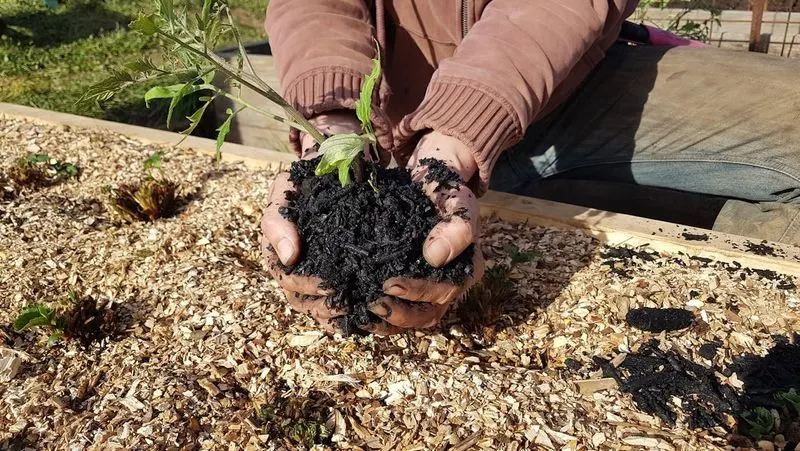
Our grandparents often emphasized the foundation of any successful garden: healthy soil. They recognized that soil is more than just dirt; it’s a living ecosystem that sustains plant life. By enriching the soil with compost and organic matter, they nurtured a thriving environment for plants to grow strong and resilient. Healthy soil ensures plants receive the necessary nutrients, leading to vibrant blooms and bountiful harvests. Understanding the soil’s role helps us cultivate gardens that not only thrive but also contribute to a sustainable ecosystem, reflecting the interconnectedness of all natural elements.
Companion Planting Secrets
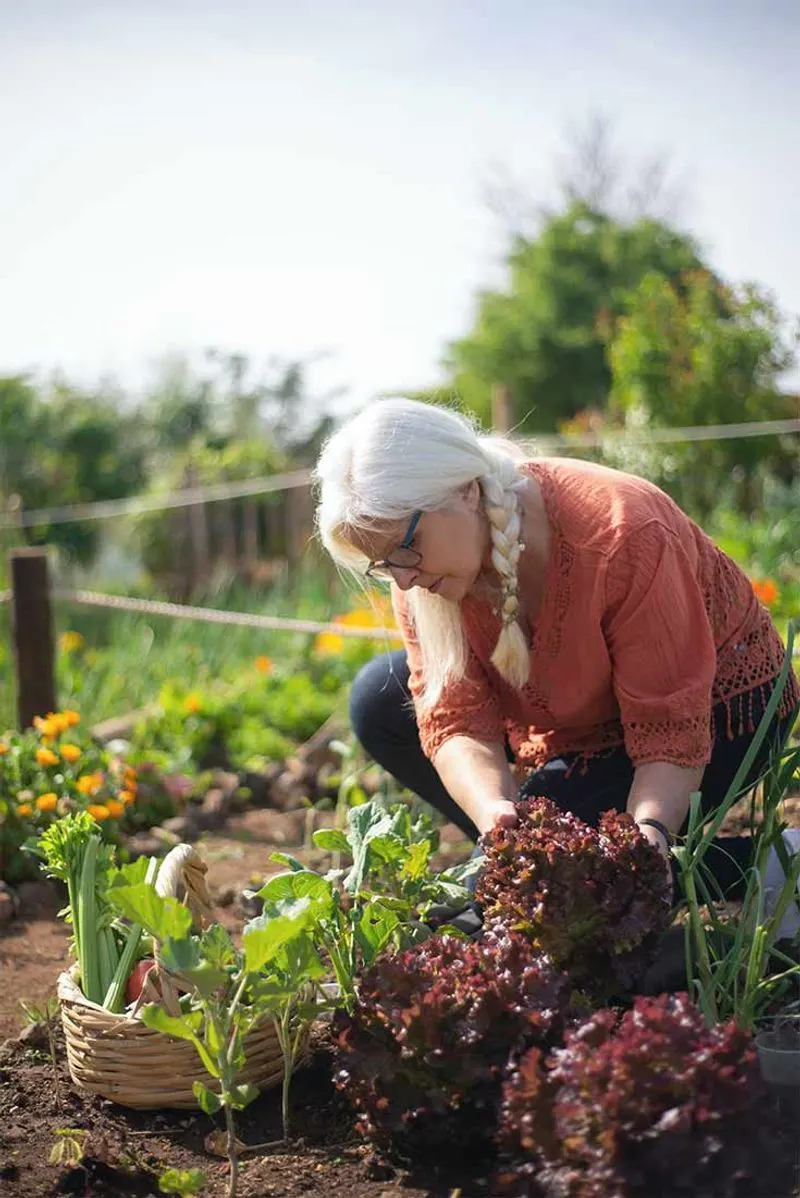
Grandparents often had a keen eye for plant partnerships. They knew that some plants flourish better when grown alongside specific companions. This concept, known as companion planting, can enhance growth, deter pests, and even improve flavors. For instance, tomatoes and basil not only complement each other in the kitchen but also in the garden, where basil can help repel insects. These natural alliances create a harmonious environment, demonstrating the power of collaboration in nature. By learning to pair plants wisely, we foster a more balanced and productive garden ecosystem.
Using Natural Pest Control
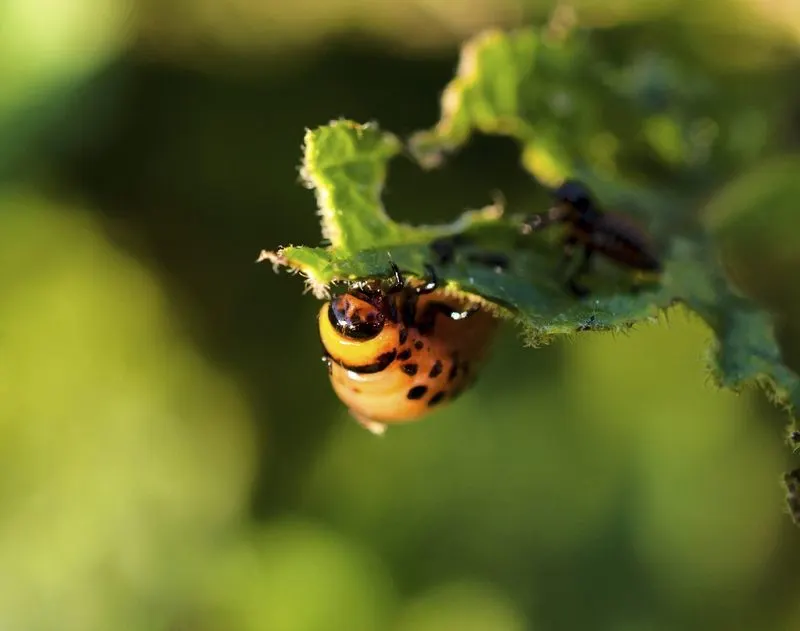
Long before chemical pesticides became prevalent, our grandparents relied on nature to manage pests. They crafted natural solutions, using ingredients like garlic, chili, and neem. These homemade remedies protected plants without harming beneficial insects or the environment. Embracing natural pest control allows gardeners to maintain ecological balance, encouraging a diversity of life in the garden. This practice not only reduces harmful chemicals in our food but also supports the health of pollinators and soil organisms. It’s a gentle reminder of our responsibility to care for the earth sustainably.
Water Wisely
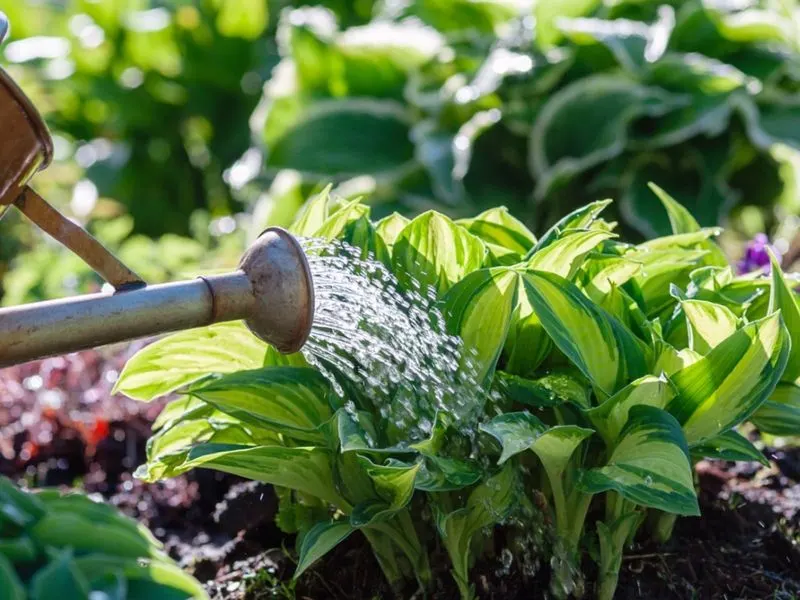
Watering is an art that our grandparents mastered. They understood the importance of timing, often watering in the early morning or late afternoon to minimize evaporation. This practice ensures plants receive adequate moisture without wasting water. They also favored deep, infrequent watering over shallow, frequent sprinkling, promoting deeper root growth. This method makes plants more resilient during dry spells. By adopting these watering techniques, gardeners can conserve water while encouraging healthier plant development. This lesson remains crucial today as we strive to use our natural resources more responsibly.
Saving Seeds for the Future
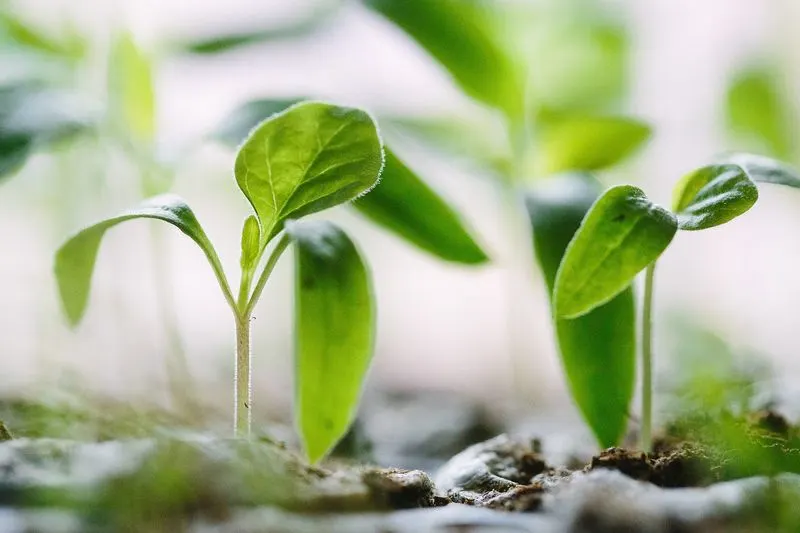
Seed saving was a cherished practice among our grandparents. They carefully collected and stored seeds from the best plants each season. This tradition not only preserved heirloom varieties but also ensured plants adapted to local conditions. By saving seeds, they maintained a genetic diversity that modern agriculture often overlooks. This practice empowers gardeners to become self-sufficient and pass on a legacy of rich, diverse plant life. It also fosters a deeper connection with the plants we grow, as each seed carries the history and promise of seasons past.
The Joy of Sharing Harvests
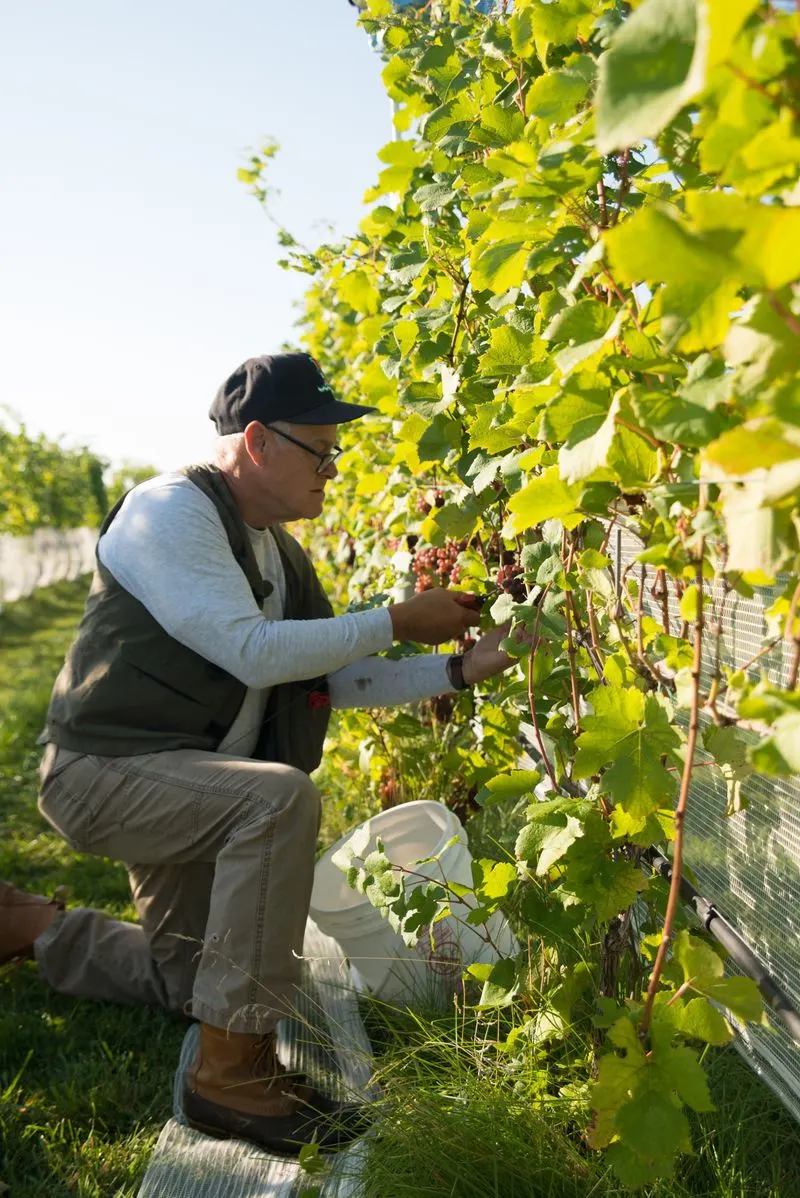
Our grandparents found immense joy in sharing their harvests with friends and family. This act of generosity extended beyond merely giving food; it built community bonds and shared joy. Sharing the abundance of a garden strengthens relationships and fosters a sense of togetherness. Moreover, it promotes an appreciation for homegrown produce and encourages others to start their own gardens. This lesson highlights the garden’s role as a source of nourishment and community spirit, reminding us of the simple joys in giving and receiving nature’s bounty.
Listening to Nature’s Rhythms
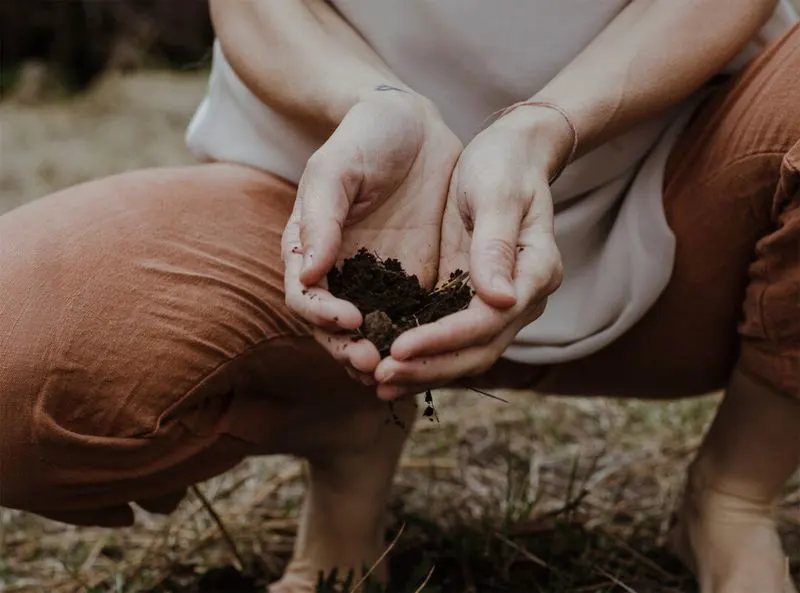
Attuning to the subtle cues of nature was second nature to our grandparents. They listened to the rhythms of the seasons, understanding that each phase of the gardening cycle requires different approaches. Observing these natural signals helped them align their gardening activities with the environment’s needs. This deep connection with nature fosters a respectful and sustainable gardening practice. By paying attention to nature’s rhythms, we develop a more intuitive approach to gardening, one that respects and works in harmony with the earth’s cycles.
The Value of Hard Work
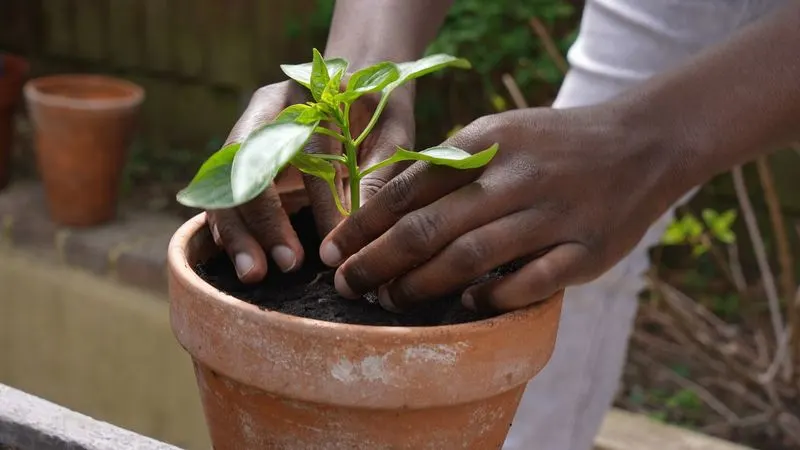
Working in the garden was more than just a chore for our grandparents; it was a source of pride and satisfaction. They valued the effort it took to cultivate a thriving garden, understanding that hard work yields tangible rewards. Whether pulling weeds or planting seeds, they embraced the physical nature of gardening as a form of exercise and relaxation. This commitment instilled a sense of accomplishment and resilience. By valuing hard work, we appreciate the fruits of our labor and develop a deeper connection to the land and its produce.
Cherishing the Beauty of Imperfection
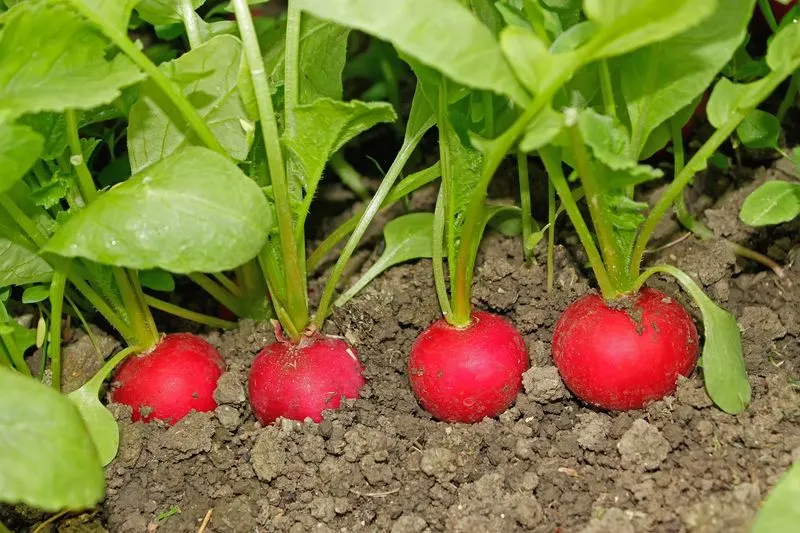
In a world that often seeks perfection, our grandparents revered the beauty in nature’s imperfections. They taught us to appreciate the crooked carrot or the misshapen tomato. These imperfections tell the story of the garden’s environment and conditions. Embracing the natural variety in our gardens encourages acceptance and understanding of diversity in nature. It reminds us that beauty is not always symmetrical or flawless, but rather unique and full of character. This perspective fosters a more inclusive view of what a successful garden can be, celebrating all its forms.

